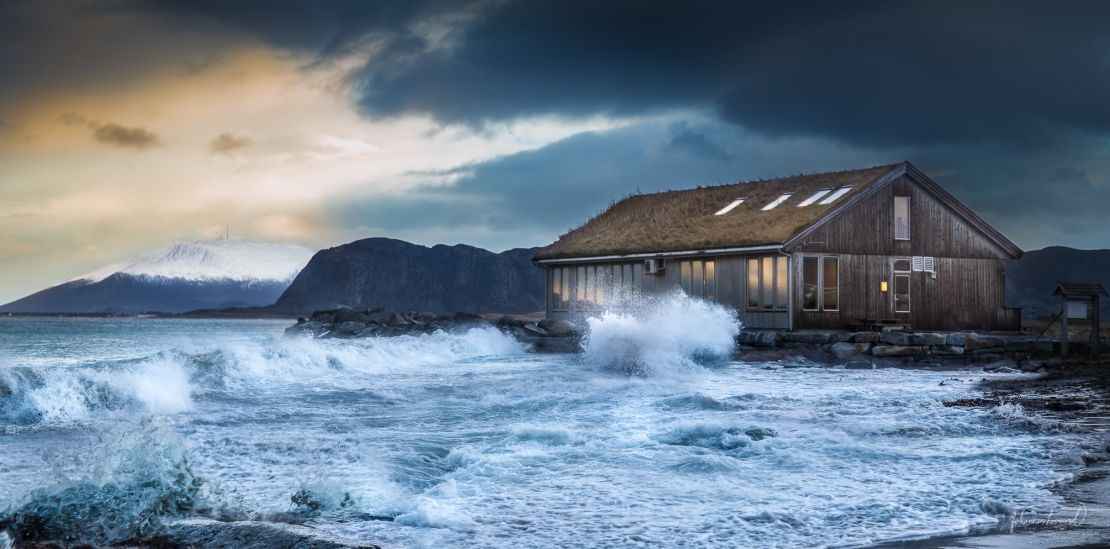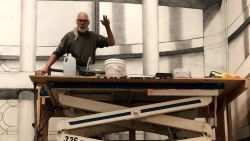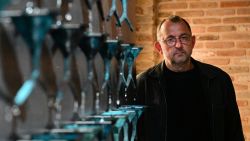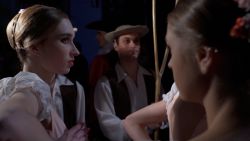Editor’s Note: This story is part of “Masters of Experience,” a series exploring the world’s most original experiences, as told by the visionaries who crafted them.
On the Northwest coast of Norway sits a small, completely flat island called Giske. It’s surrounded by fjords and mountains on one side, and the vast North Atlantic ocean on the other.
With around only 700 inhabitants, life here is often very quiet, despite the almost constant roar of the wind.
But Giske has been host to a number of highly-respected musicians. With the likes of Arcade Fire, Sampha and 1980s legends A-ha all making their way to this remote location.
They come for one reason: sitting on the shore of the island’s former harbor, within what looks like an old boathouse, is an internationally-renowned, purpose-built recording studio. With living quarters built in, artists can eat, sleep and make music under one roof.

Ocean Sound
The studio is called Ocean Sound Recordings and it was built by cousins and former musicians Ante Giskeødegård and Lars Giskeødegård, who have a particular affinity for the place.
“I was born and raised on Giske. Where the studio is, is where we used to play when we were kids. So (it has) a special meaning to me,” Ante explained.
While many traditional recording studios are constructed within existing buildings, Ocean Sound Recordings was designed from the ground up with one aspiration: to be the perfect environment for artists to make music.
On the outside, the main consideration was the way it would blend into the environment, mirroring the surrounding landscape and architecture.
The recording studio on a remote island
Inside the focus was creating a warm, welcoming atmosphere with vintage carpets and rugs, wood fittings and beautifully crafted furniture. As well as the emotional impact these design elements have, acoustics are still the highest priority – with every element helping to achieve this goal.
Looking out
One of the biggest design challenges were the windows themselves. Most recording studios don’t have windows because glass reflects sound waves. But compromising on the view was not an option, as the location and the landscape are the secret ingredients in the creative experience according to Ante.
“When you’re in the recording studio it’s almost as if you’re on a boat. All you can see is sea, and the waves and the sky around you and it sparks something. It’s close… nature and music are really close to each other, and somewhere in between there is creativity. I don’t know what it is but it just works.”
Watch the video above to find out more about the studio.
CNN’s Temujin Doran and Angelica Pursley contributed to this report.



























